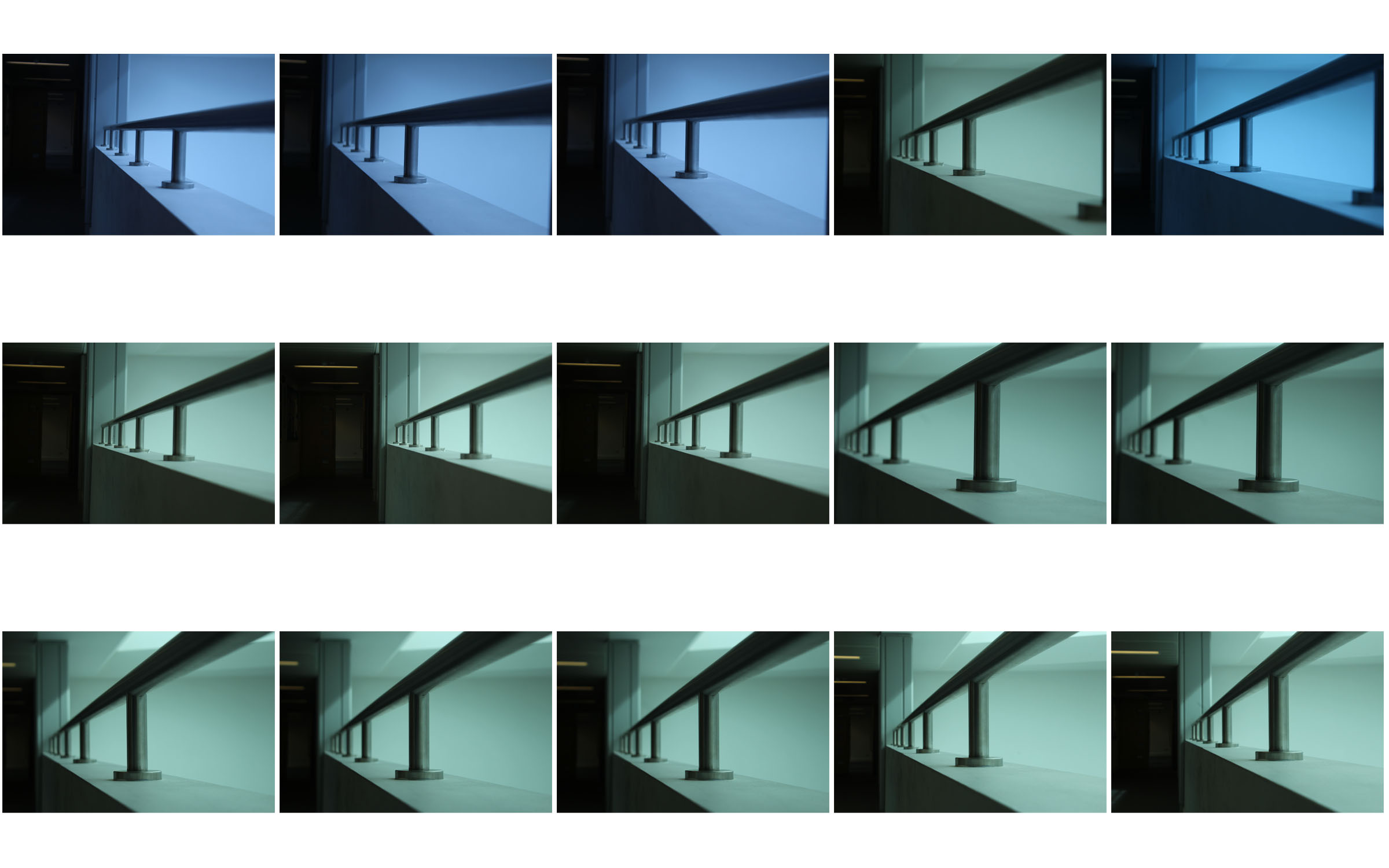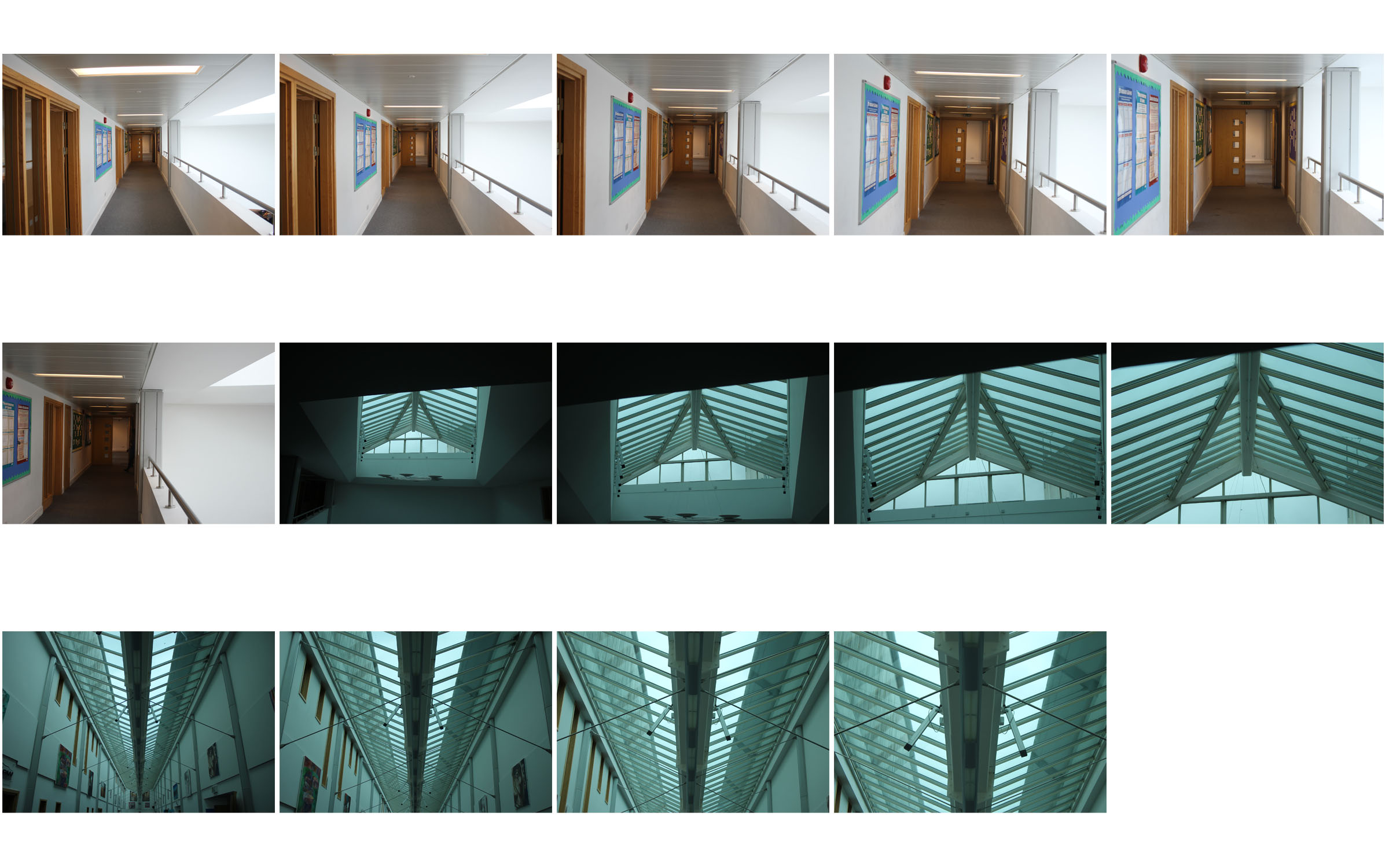Aperture, shutter speed, and ISO make up the three sides of the exposure triangle. They work together to gather the amount of light needed for a correctly exposed photograph. If one variable changes, at least one of the others must also change to maintain the correct exposure.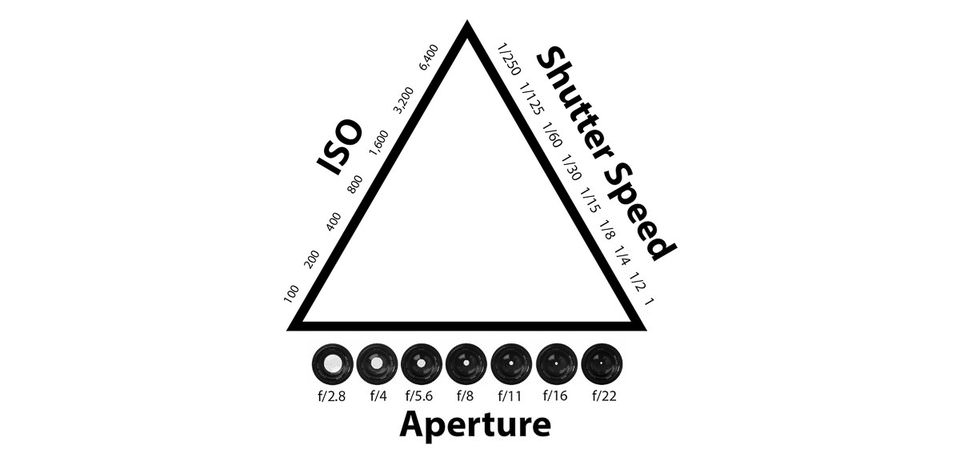
Daily Archives: October 5, 2017
Filters
Colour Overlays
Colour Overlays
Colour overlays are a block of colour with an opacity lower that 100% that are placed over an image in order to bring the viewers eye to a specific section of the image.
Here are my colour overlay experimentations that were done on Photoshop using the shape tool and then adjusting the opacity of the coloured shapes.
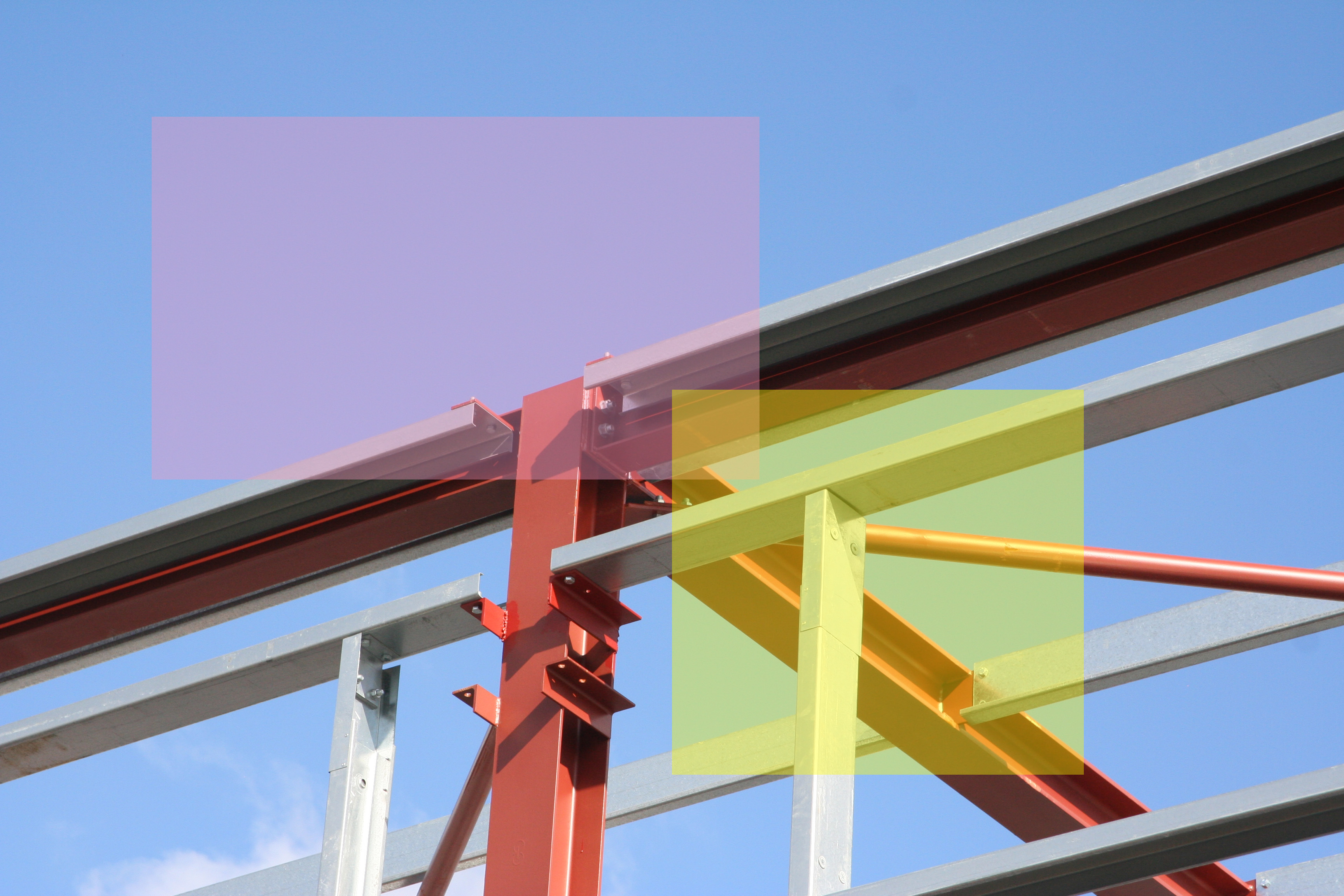
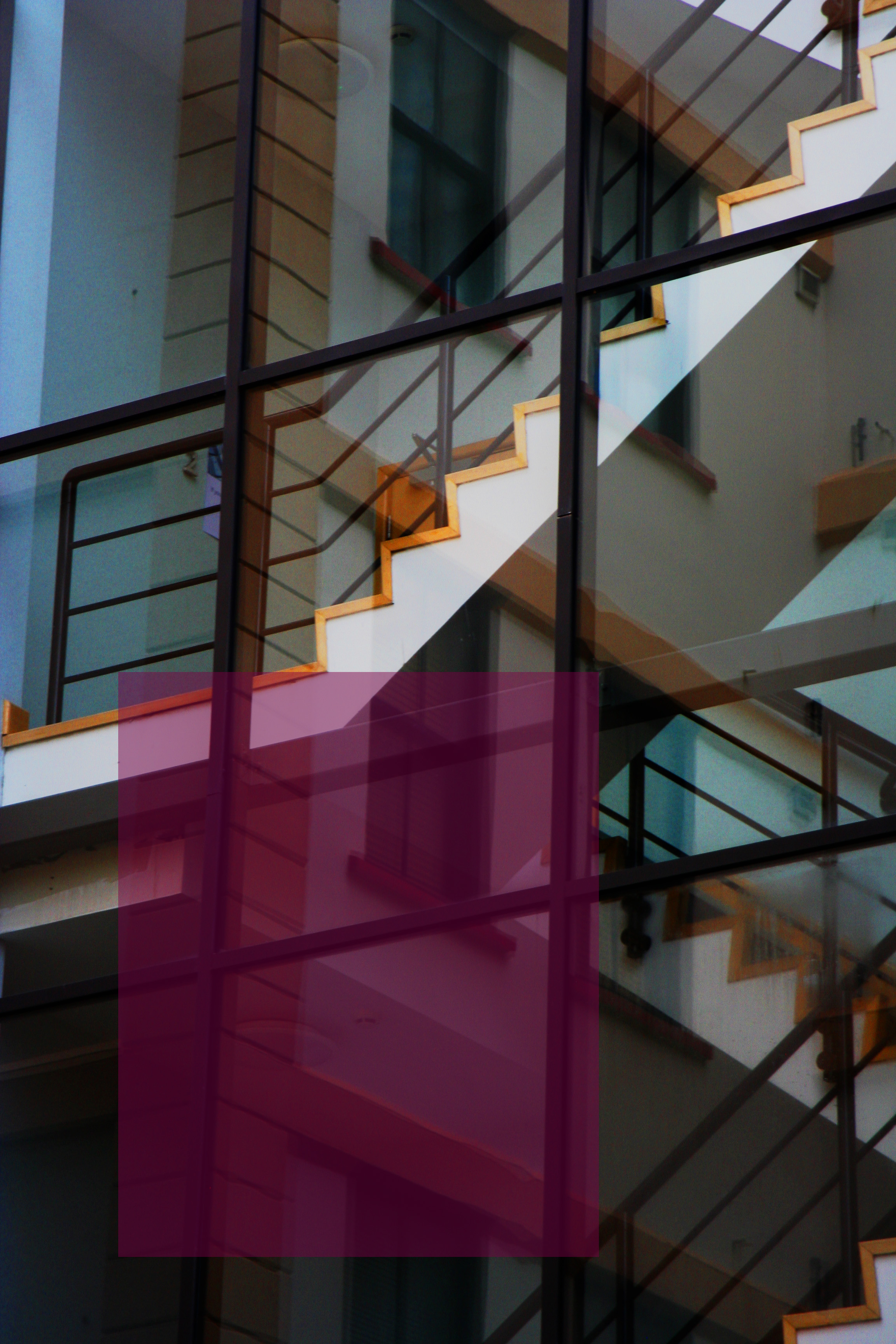
Exposure Triangle
The exposure of an image is dependent on 3 variables/elements…
Shutter Speed
Aperture
ISO
These 3 variables must be set depending on the environment in which the photograph is being taken.
Shutter Speed – A faster shutter-speed lets in less light but takes a still freeze motion image of the subject. And a higher shutter speed lets in more light and gives the image a blur if motion is present.
Aperture – A lower aperture lets in more light and creates a smaller depth of field within an image and a higher aperture lets less light in and gives the image a larger depth of field.
ISO – A low ISO has less light sensitivity and causes the image to have a less grainy aesthetic, and a higher ISO has more slight sensitivity and gives an image a more grainy aesthetic.
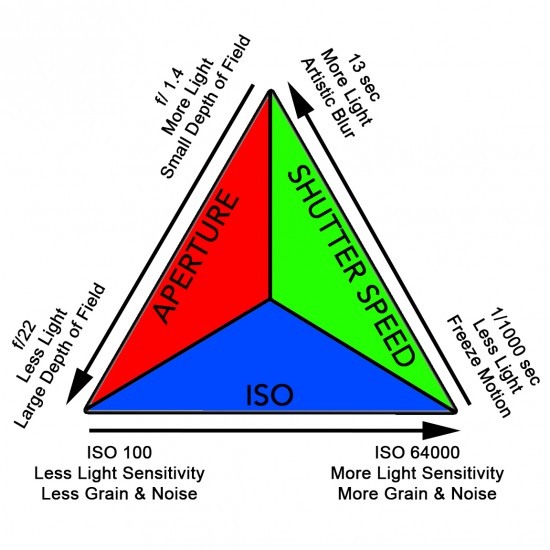
How Depth Of Field and Aperture work
Depth of field is the distance between the nearest and the furthest objects within a focused image. And how focused separate elements of the image are.

In these images the depth of field is alternative as in the first image the main focus (the branch) is in crisp focus however the further objects in the image are unfocused/blurred. But in the second the depth of field is slightly more balanced as the background although not in full focus is more visible.
The depth of field of an image can be altered through the use of the camera’s aperture (approx f/1.4 to f/22)

As you can see in this diagram a lower aperture (eg. f/1.4) causes the background of the image to be unfocused with the close/main subject remaining in focus. However a higher aperture (eg. f/22) the whole image is focused.
Rule of Thirds
What Is The Rule Of Thirds?
The rule of thirds is applied by making sure the subject in the photo is inline with the guide lines and their intersection points, placing the horizon on the top or bottom line. The rule of thirds is used to create a visually pleasing image which makes it easier to understand. The rule of thirds is the basic method used to help the compositions of photos. It can be used by using a visual of tow lines formatted at each angle on the screen or possibly within dots for slight distance as to where to place the main subject of the image.

This photography clearly follows the rule of thirds as the subject of the photograph or the main focus is on the top right intersecting line which makes this photo more visually pleasing. furthermore, the top horizontal line is in line with the horizon in this picture also making it visually pleasing and easier on the eye for the viewer.
Bokeh Photography
What is Bokeh Photography?
How can you achieve Bokeh Photography?
To take a photograph in the style of bokeh you will have to Set your camera to the Aperture mode. Once you have changed the setting select the smallest aperture number for your lens. Making sure your camera is set to manual focus so you can manually adjust the focus, making sure the whole image is completely out of focus. Zooming in and out to wherever you think best suits the photograph.
Examples Of Bokeh Photography


Typologies
'A classification according to general type.' A typology consists of a collection of a single type or class of photographs, with the collection itself being more important than the individual components.
Karl Blossfeldt
Karl Blossfeldt was a German photographer who was born in 1865, he is best known for his close-up photographs of plants and living things which he used home-made cameras to take that could sometimes magnify a subject to thirty times its size which allowed him to capture optimum detail of plants and living things.
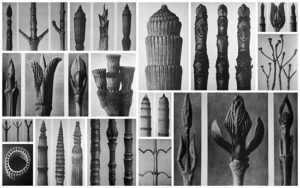
Brenda and Hilla Becher
Brenda and Hilla Becher were a married couple who worked as German conceptual artists and photographers as a collaborative duo. They are best known for their extensive series of photographic images, or typologies, of industrial buildings and structures
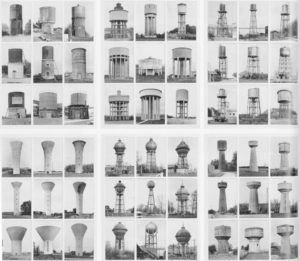
Minimalism
what is minimalism?
Minimalism is a modern idea within the 20th century,it is about specific components such as color,shape,line and texture.It is highly subjective as artwork itself. leaving interpretation and meaning up to the viewers perception of the work.Some photographers use this in order to tell a story of a act of photojournalism but in a easily presented manner to the audience.
the best aspects are surrounding the openness and embracing the freedom of interpretation.There is no real direction to minimalism but photographers can still focus on issues or a specific subject matter. Some other photographers would argue it is about simplicity and the audience creating their own feel or interpretation of the image itself. Some techniques are consistently used to employ and enhance the impact of the work.There should be a consistent notion that is wanting to be captured.
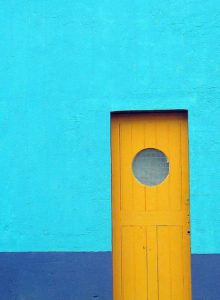
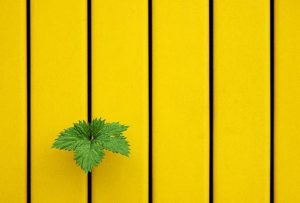
It can be seen within this piece in order to direct attention to a specific point of view,possibly because this kids the most detail or it is aimed to promote a certain aim of development within the image itself. The images are developed through a certain line within the mage,a certain single aspect of the image,or a texture.
My experiment within minimalism:
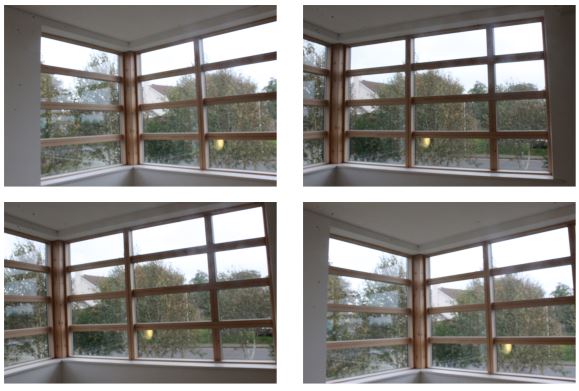
within these photos I simply wanted to capture the lines and highlights within the piece itself. I then decided to further edit these images to create more of a colour impact to the piece itself.
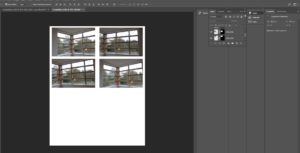
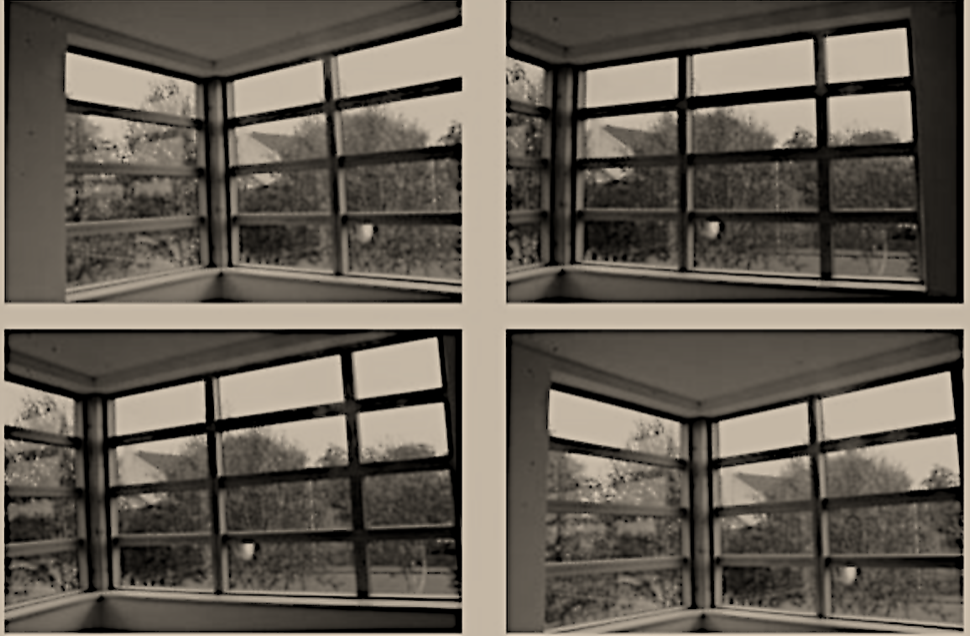
here you can see the final edited image that I have lowered the saturation for and also developed the thickness and how dark the lines are to give a greater focus on the minimalist dimensions of the piece itself.
Focal Points
What is a focal point?
Using the settings on a camera, we can focus on different points of an image. These different focus points can change what the main subject of an image is. By choosing the focus of an image, the photographer can choose where they want the viewer to look first.
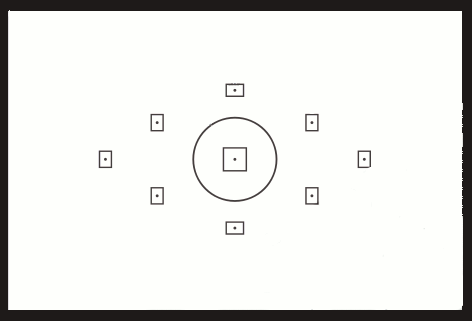
Furthermore, the higher the ‘F’ number the higher the depth of field. This is shown in the diagram below.

These are my attempts at using different focal points and also including a sense of depth in my photographs.

